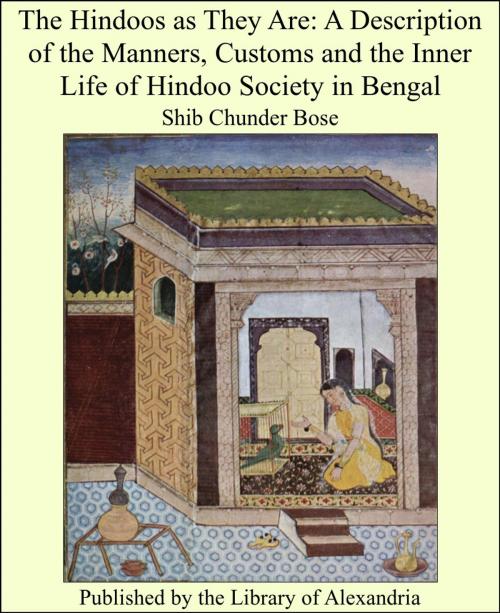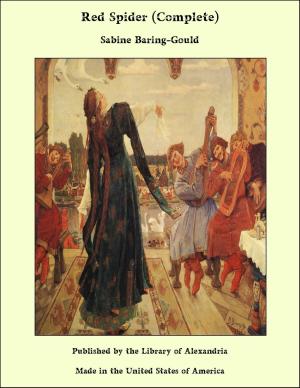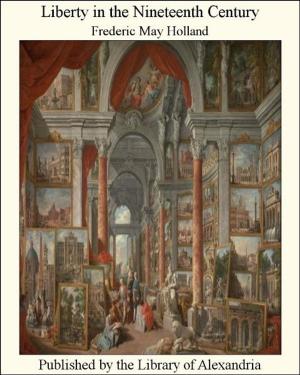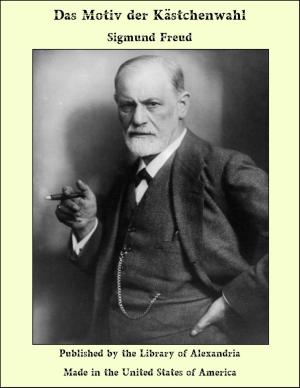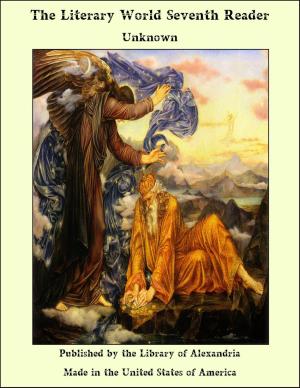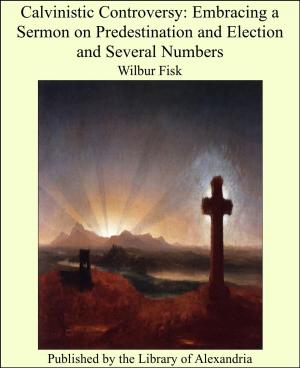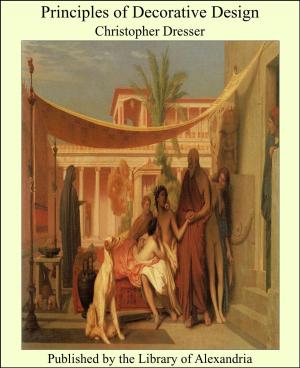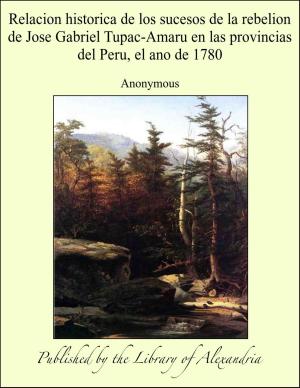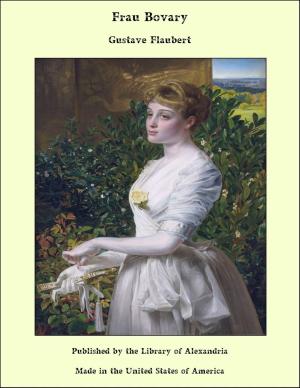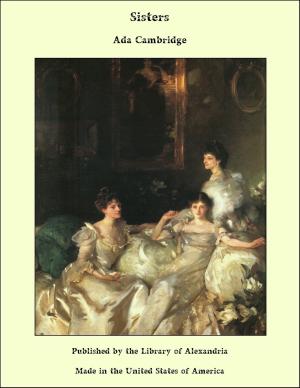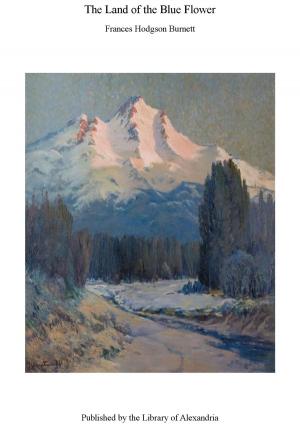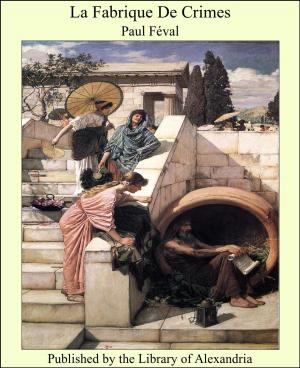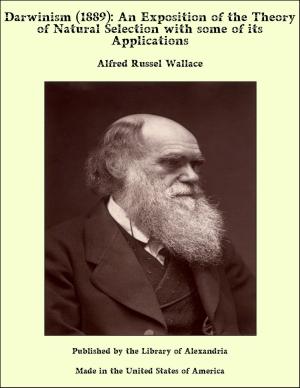The Hindoos as They Are: A Description of the Manners, Customs and the Inner Life of Hindoo Society in Bengal
Nonfiction, Religion & Spirituality, New Age, History, Fiction & Literature| Author: | Shib Chunder Bose | ISBN: | 9781465535634 |
| Publisher: | Library of Alexandria | Publication: | March 8, 2015 |
| Imprint: | Language: | English |
| Author: | Shib Chunder Bose |
| ISBN: | 9781465535634 |
| Publisher: | Library of Alexandria |
| Publication: | March 8, 2015 |
| Imprint: | |
| Language: | English |
In presenting the following volume to the Public, I am conscious of the very great disadvantage I labor under in attempting to communicate my thoughts through the medium of a language differing from my mOther-tongue both in the forms of construction and in the methods of expression. My appeal to the indulgence of the public is based on the ground of my work being true to its name. It professes to be a simple, but faithful, delineation of the present state of Hindoo society in Bengal, and especially in Calcutta, the Athens of Hindoosthan. I cannot promise anything thrilling or sensational. My principal object is to give as much information as possible regarding the moral, intellectual, social and domestic economy of my countrymen and countrywomen. The interest attaching to the information and facts furnished will greatly depend on the spirit in which they may be received. To such of my readers as feel a genuine interest in a true reflection of the present state of society in this country, passing from a condition of almost impenetrable darkness to that of marvellous light, through the general and rapid diffusion of western knowledge, I do not think the details I have given will be found dull or dry. Not a few of the facts stated will, I fear, prove painfully interesting to those who are cognisant of the many incrusted defects and deficiencies still lurking in our social system. But if we carefully look at it we shall doubtless discover that it is not all darkness and clouds, "it has its crimson dawns, its rosy sunsets." The multitudinous phases of Hindoo life, though sadly revolting and repulsive in many respects, have nevertheless some redeeming features, revealing radiant glimpses of simple and innocent joys. In discussing the various social questions in their purely earthly aspects and relationships, it may be I have treated some of them inadequately and superficially, but in so doing I claim the merit of a humble endeavour after perfect honesty. I have in no wise exaggerated, but have simply followed the golden maxim of "nothing extenuate nor set down aught in malice." The men of the land, and not the land of the men, form the subject matter of my work. My attention has long been directed to the domestic, social, moral, intellectual and religious condition of the Hindoos.
In presenting the following volume to the Public, I am conscious of the very great disadvantage I labor under in attempting to communicate my thoughts through the medium of a language differing from my mOther-tongue both in the forms of construction and in the methods of expression. My appeal to the indulgence of the public is based on the ground of my work being true to its name. It professes to be a simple, but faithful, delineation of the present state of Hindoo society in Bengal, and especially in Calcutta, the Athens of Hindoosthan. I cannot promise anything thrilling or sensational. My principal object is to give as much information as possible regarding the moral, intellectual, social and domestic economy of my countrymen and countrywomen. The interest attaching to the information and facts furnished will greatly depend on the spirit in which they may be received. To such of my readers as feel a genuine interest in a true reflection of the present state of society in this country, passing from a condition of almost impenetrable darkness to that of marvellous light, through the general and rapid diffusion of western knowledge, I do not think the details I have given will be found dull or dry. Not a few of the facts stated will, I fear, prove painfully interesting to those who are cognisant of the many incrusted defects and deficiencies still lurking in our social system. But if we carefully look at it we shall doubtless discover that it is not all darkness and clouds, "it has its crimson dawns, its rosy sunsets." The multitudinous phases of Hindoo life, though sadly revolting and repulsive in many respects, have nevertheless some redeeming features, revealing radiant glimpses of simple and innocent joys. In discussing the various social questions in their purely earthly aspects and relationships, it may be I have treated some of them inadequately and superficially, but in so doing I claim the merit of a humble endeavour after perfect honesty. I have in no wise exaggerated, but have simply followed the golden maxim of "nothing extenuate nor set down aught in malice." The men of the land, and not the land of the men, form the subject matter of my work. My attention has long been directed to the domestic, social, moral, intellectual and religious condition of the Hindoos.
